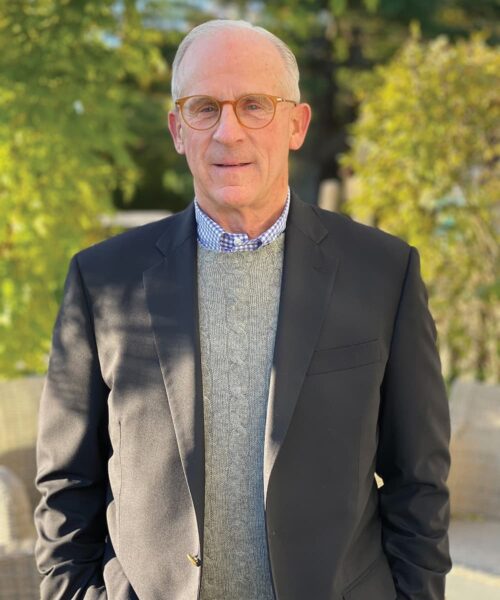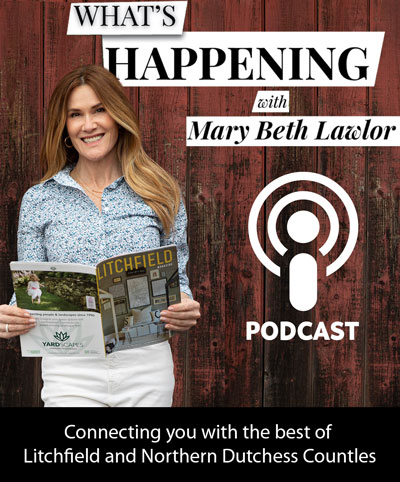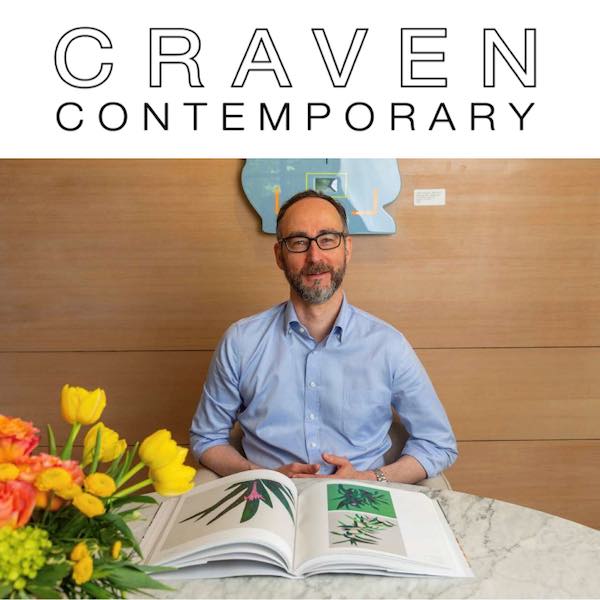By Clementina Verge
Faced with a confusing and disruptive future, Gen Z students need support and care more than any previous generation, and taking a gap year has proven foundational and integral for optimal college preparation.
The advice comes from Jake Horne, founder of The Student Compass, a Washington-based program that provides mentoring for academic and personal development during the critical period between high school graduation and university enrollment.
“The Gap Year is a unique experiential preparation for life,” explains Horne. “Stuck between being a dependent child and becoming an independent person, Gen Zers are unprepared to take on the role of adulthood and have not had the opportunity to develop the cognitive maturity and life skills so critical for 21st century challenges.”
Horne faults today’s “archaic school curricula” for being “too fact-focused” and encourages students to take a year away from school “to grow and immerse themselves in experiences, and build skills needed to adapt to profound transformations in the future; exponential technology uptake, climate change, and a full range of global threats.”
Horne likens the Gap Year to “a delta of complex learning channels that split off of the traditional K-12 siloed main channel as it heads into the ocean of college and life.”
“These new life threads challenge students to learn to navigate unexpected turns and broaden their view, seeing unsheltered difficulties of the real world for the first time,” he reflects. “Seeing the world in new ways, reckoning with challenges as independent humans, and building confidence are critical for change. It is the beginning of the essential transformation from a child to adult, from a dependent to a self-directed human.”
This “rite of passage” was a social practice in societies for millennia, but abandoned in the 20th century, Horne observes. The Gap Year acts as such, “increasing student motivation, confidence, and curiosity, while reducing anxiety and hopelessness about the future.”
Thus, the Gap Year becomes crucial in empowering young adults to magnify their intellectual and social growth. It opens the mind to new possibilities, self-discovery, and prepares participants to contribute to society.
“It makes the college experience truly dynamic and profoundly valuable, and provides students with the necessary foundation for thriving lives,” Horne assures. “Colleges, especially liberal arts schools, can be powerful environments for growth and personal transformation, but only for those ready and primed to get the most out of the experience.”
Ultimately, those who practice such skills before college prove more capable of tapping deeply into the unique conversations and transformative thinking an expansive education can offer.
“The Gap Year is not just an option anymore,” Horne cautions. “It is integral to optimal education and life preparation, which college is woefully ill-equipped to address. A student taking a Gap Year will have far more skills, a growth mindset, and practiced self agency, needed to create a powerful academic and transformative college experience; setting them up to be far more prepared for thriving in the chaos of their future world.” —thestudentcompass.com



















